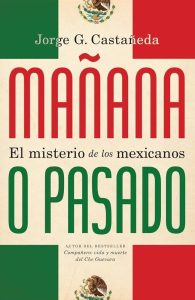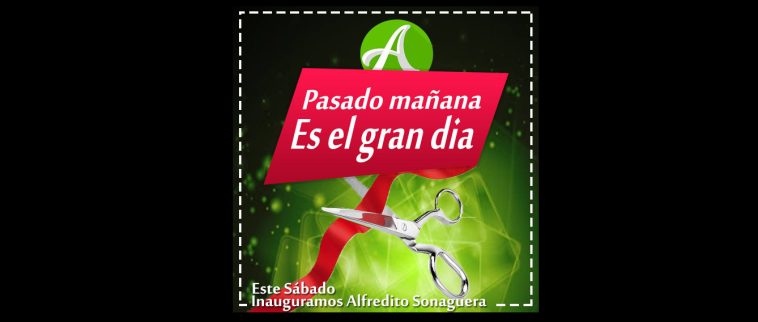For many English speakers learning Spanish, the phrase pasado mañana is one of those expressions that makes them stop and think: “Wait a second, why does it mean the day after tomorrow if pasado usually means past?” It looks like it should refer to something that already happened, but in Spanish it actually points to the future.
The confusion comes from the different ways Spanish uses the word pasado. Yes, it often means “past,” like in el pasado domingo (last Sunday) or los errores del pasado (the mistakes of the past). But pasado can also mean “after” or “beyond.” In the case of pasado mañana, it literally means “after tomorrow.” So while it sounds like it belongs to the past, the phrase is clearly -or not so clearly- talking about something that is still coming in the future.
In English, we solve it by simply saying the day after tomorrow. That’s longer, but more straightforward. Spanish, on the other hand, takes a shortcut and uses two words: pasado mañana.
Students often get stuck when they first encounter it, because it feels like a contradiction: how can something with pasado in it not belong to the past? But if you think of pasado as “after” in this context, it starts to make sense.
There are similar expressions in Spanish where pasado has this meaning. For example, pasado el puente can mean “after the holiday weekend” and pasada la medianoche means “after midnight.” La casa se encuentra pasando el restaurante means “The house is right after the restaurant” or “right after passing the restaurant”. None of these are about the past, but about something that comes later.
Interestingly, other Romance languages handle this idea differently. In Italian, the common phrase is dopodomani (literally “after tomorrow”), which looks more logical. Portuguese has depois de amanhã, which also translates as “after tomorrow.” French uses après-demain, again meaning “after tomorrow.” Spanish is the only one of the major Romance languages that uses the word pasado to say the same thing.
So when you see pasado mañana, don’t get trapped by the false friend of pasado = past. Instead, remember: Spanish sometimes uses pasado to mean “after.” Once you get used to it, it becomes natural.
Pasado mañana is one of those little phrases that show how languages develop their own shortcuts and twists of meaning. For students of Spanish, it is a reminder that words don’t always stay fixed in one sense. Sometimes, like here, they can carry you into the future.
This book title mañana o pasado means “tomorrow or the day after tomorrow.” Tricky, isn’t it?





